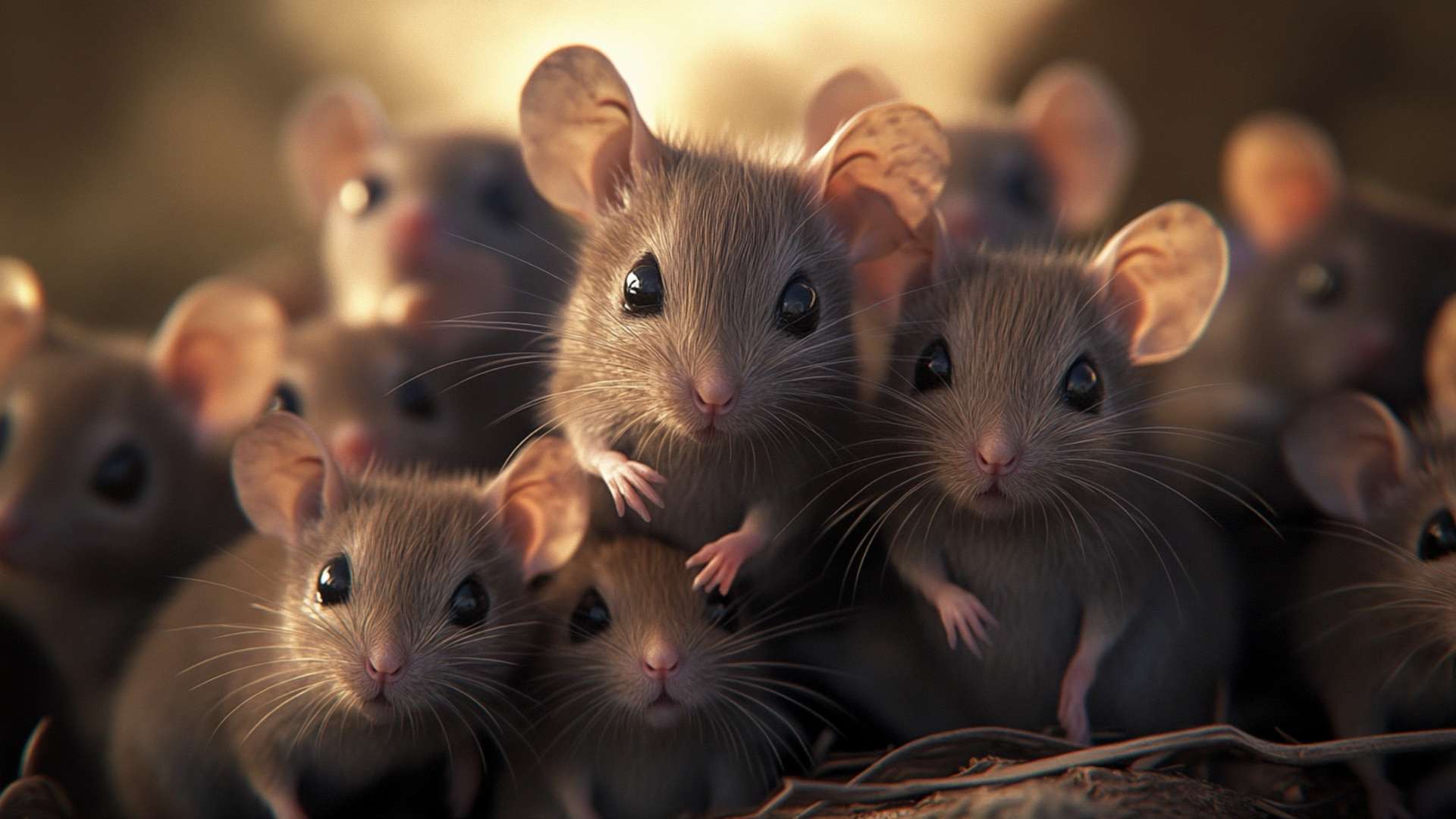The Unexpected Garden Guest
Picture this: you’re working hard on your garden plants, tending to each one with care and attention. You take pride in your outdoor space, admiring the beauty of each leafy specimen and appreciating the fresh air.
Then, suddenly, a small rodent scurries by your feet. Mice in outdoor spaces and gardens are more common than you might think, and they can cause a lot of problems for gardeners.
Explore the remarkable adaptability of mice as they conquer diverse environments. Gain insights into their evolutionary traits and behavioral adaptations by diving into our in-depth article, Mouse Tales: A Look At The Surprising Adaptability Of Mice In Different Environments. Discover how mice have become one of the most adaptable species on the planet.
The Unwelcome Visitor’s Habits
Mice are attracted to outdoor spaces and gardens because of the variety of potential food sources available to them there. They might find tasty treats like fruits, seeds, or nuts nestled between garden plants or stored inside garden sheds or recycling bins.
Even if you don’t see a mouse nibbling on a snack in broad daylight, it doesn’t mean they aren’t lurking around after dark when things quiet down. Mice are also opportunistic creatures that will take advantage of any potential hiding spots or nesting materials used for nesting.
Tree trunks with holes or crevices can be especially inviting places for mice to hide out during the day while scouting for food sources at night. If you have a mouse problem in your outdoor space or garden, it’s important to understand their habits so you can prevent them from causing damage to your plants or becoming trapped animals that could come into contact with other animals or rodents.
Why It’s Important to Get Rid of Mice
Aside from being an unwelcome guest in your outdoor space or garden, mice can cause serious health risks if they go unchecked. Their droppings can contaminate soil and introduce harmful bacteria into areas where humans or other wildlife might come into contact with them.
Additionally, mice have been known to chew through protective gloves made out of plastic or rubber, putting gardeners at risk of exposure to any bacteria or viruses present in their saliva. In addition to the health risks, mice can also damage your garden plants by nibbling on roots, digging up planting holes and disturbing young seedlings.
They can also be a nuisance in garden sheds or under outdoor furniture by chewing on materials like wood and cloth. It’s important to take steps to prevent mice from becoming a problem in your outdoor space or garden, so you can enjoy the fruits of your labor without worrying about rodents.
What attracts mice to outdoor spaces and gardens?
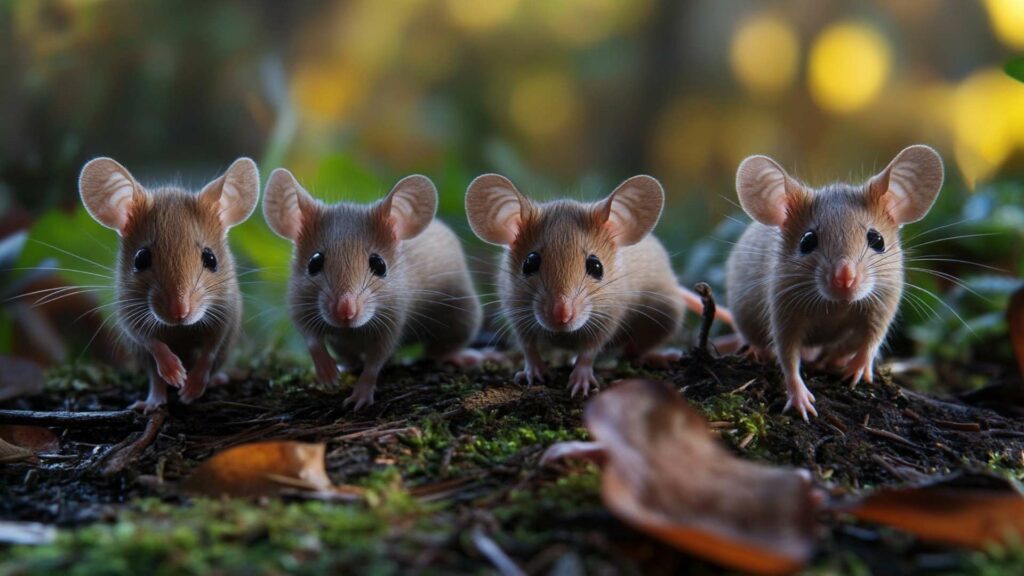
Mice are attracted to outdoor spaces and gardens for several reasons. They are usually looking for food, shelter, or both. Bird feeders can be a big attractant, as mice love to scavenge for spilled birdseed.
Garden plants can also attract mice, particularly those that produce seeds or fruits. Compost piles and fluffy mulch offer warm and cozy hiding places as well as plenty of insects and other food sources.
How do mice behave in these areas?
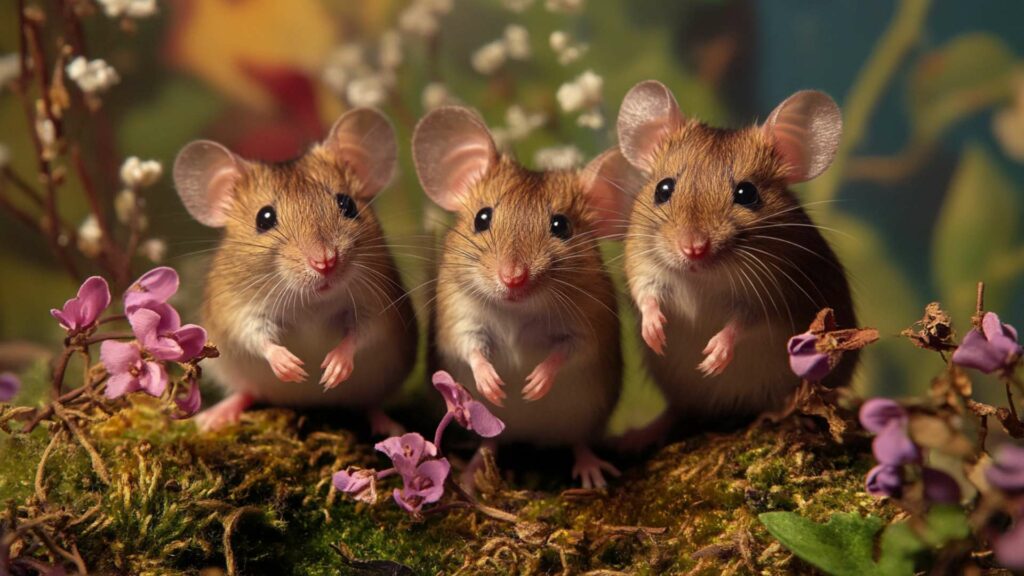
Mice are typically active during the night but can also be seen during the day if they feel safe. They move quickly, often running along walls or edges of structures to avoid being seen.
Mice have large ears that help them hear predators approaching from a distance. Once they find a source of food or shelter, they will establish their nests nearby and begin breeding.
Identifying signs of mouse activity
Signs of mouse activity include droppings, gnaw marks on objects like wood or plastic containers, holes in walls or floors where the mice have entered or exited, and tracks in dusty areas. If you notice any of these signs, there may be only one mouse or two mice living nearby –- but it’s best to assume there could be more.
It’s important to take measures to prevent rodent infestation before it becomes a bigger problem with multiple trapped animals that require destroying things such as garden sheds that provide an ideal habitat for rodents. Now that we know what attracts mice to outdoor spaces and gardens let’s take a look at some effective prevention measures you can take in the next section.
Prevention Measures
Keeping outdoor spaces clean and clutter-free
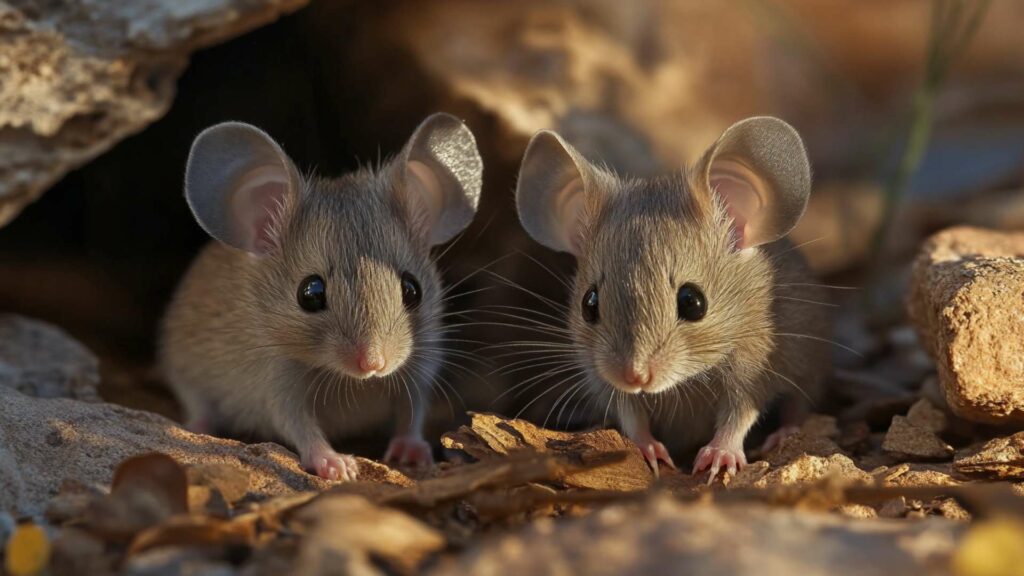
It’s no secret that mice love messy, cluttered environments. The more clutter there is, the easier it is for mice to hide, build nests, and find food sources. To prevent mice from making themselves at home in your house, outdoor space or garden, it’s important to keep these areas clean and tidy.
This means regularly removing debris like fallen leaves and branches, clearing away any old plant species that have died off or are no longer in use, and storing items like metal containers and wood piles off the ground. Another important factor to consider is how you store any food sources within your outdoor space or garden.
Mice are particularly attracted to cereal grains such as bird seed, so it’s important to have a secure storage container for any of these types of foods. Make sure that your containers have tight-fitting lids and are made of sturdy materials that mice can’t easily chew through.
Sealing entry points to prevent mouse access
Mice can squeeze through incredibly small spaces; they only need an opening roughly the size of a dime! To prevent mice from getting into your outdoor space or garden in the first place, it’s vital to seal up any potential entry points. This includes gaps around doors and windows as well as holes in walls or foundations.
If you’re unsure where mice may be entering your outdoor space or garden, try looking for any visible mouse droppings along walls or near potential entry points. Once you’ve identified potential access points within your outdoor space or garden, use materials like steel wool or caulk to seal them up tightly.
Using natural deterrents like peppermint oil or predator urine
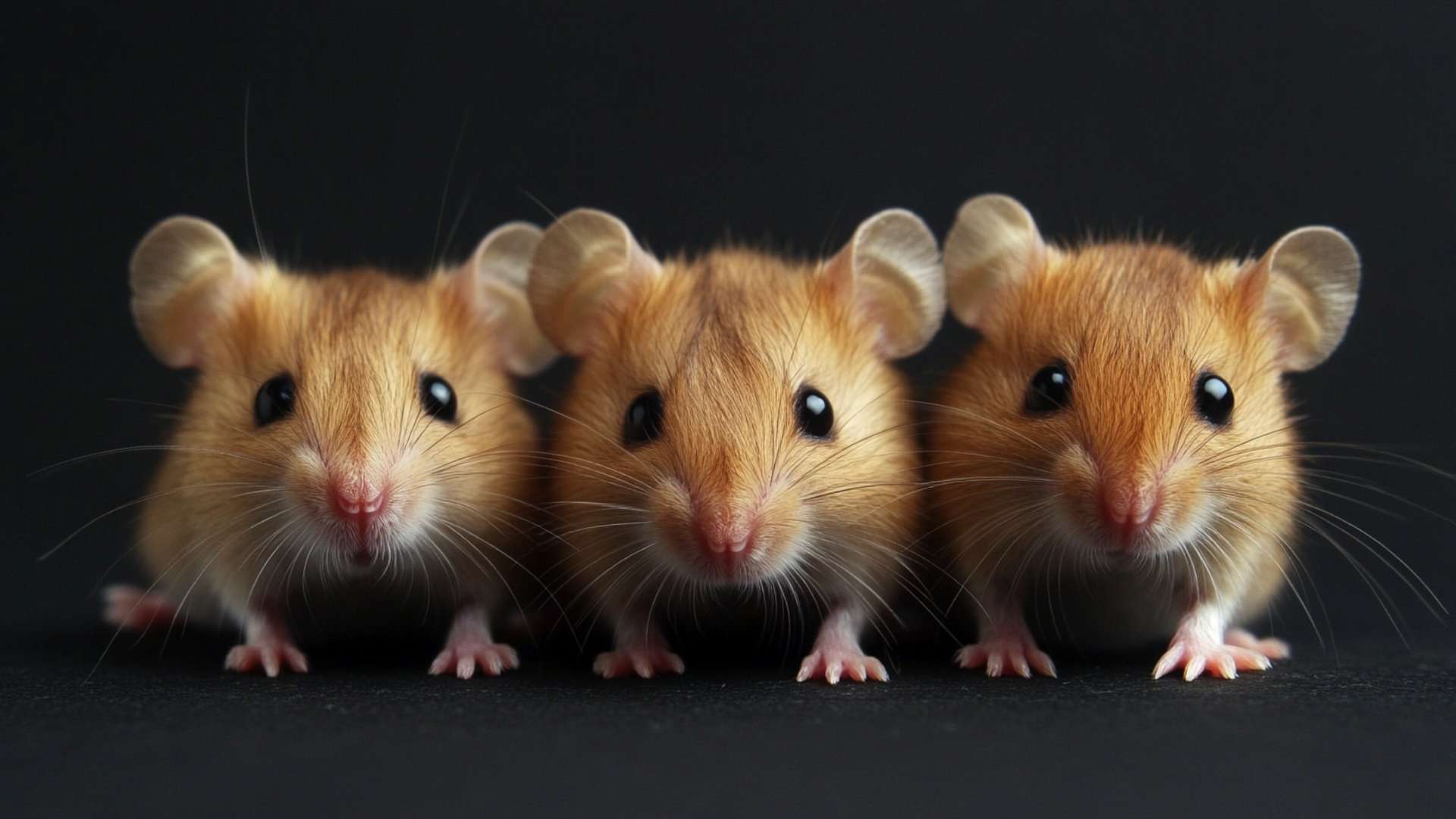
Another effective way of preventing mouse problems in your outdoor space or garden is by using natural deterrents. Peppermint oil is a natural mouse repellent that can be used both indoors and outdoors. Simply soak cotton balls in peppermint oil and place them around your outdoor space or garden.
Mice will avoid the strong smell and stay away. Predator urine is another natural deterrent that can help rid of mice from your outdoor space or garden.
Predators like coyotes, foxes, and bobcats are natural enemies of mice, so the scent of their urine can serve as a powerful repellent. You can purchase predator urine online or at certain hardware stores, and simply sprinkle it around your outdoor space or garden to keep mice at bay during the winter months when they’re more likely to seek shelter in warm areas like sheds or garages.
Trapping Methods
Types of Traps Available for Outdoor Use
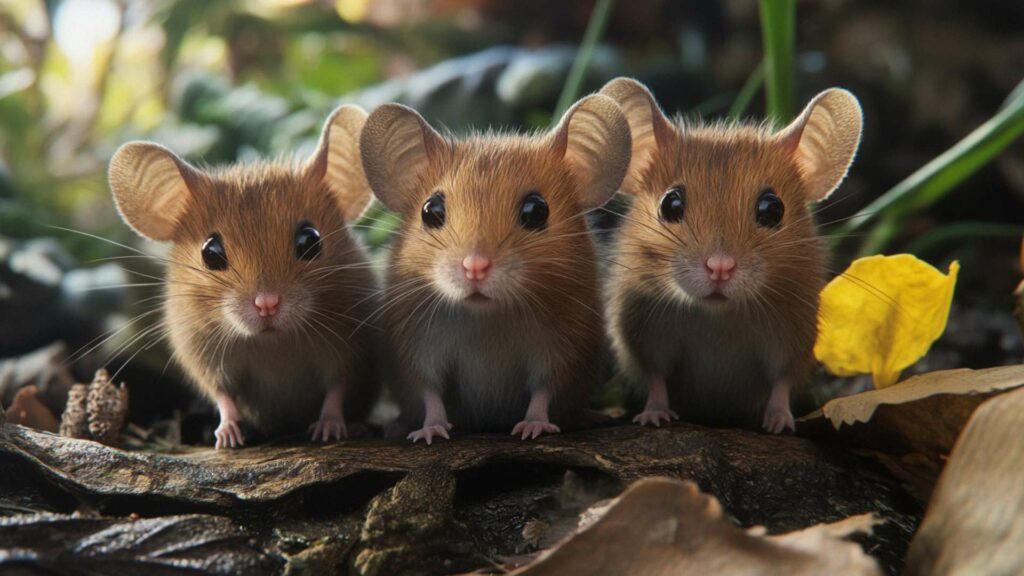
There are several types of traps available for outdoor use. The most common ones are snap traps, live traps, and glue boards. Snap traps are the classic type of trap that use a spring-loaded bar to kill the mouse instantly.
Live traps allow you to catch the mouse and release it elsewhere, away from your garden. Glue boards use a sticky surface to trap mice.
Snap traps are great if you have only one house mouse or two mice to deal with. They are cost-effective and easy to set up.
Live traps need more effort since you have to release the mouse somewhere else after catching it, but they are humane and will not harm the animal in any way. Glue boards can be tricky since they don’t always work as intended and can be inhumane.
Proper Placement and Baiting Techniques
When using snap or live traps, proper placement is key for success. Place them along runways or nesting places where mice usually go through, like near garden plants or around garbage and recycling bins.
When using snap traps, make sure they are set correctly with enough tension to kill a mouse instantly. Baiting techniques also play an important role when trapping mice in outdoor spaces and gardens.
Peanut butter is a great bait option since it has a strong smell that will attract mice easily. Other options include cheese or even cotton balls since mice love using them as nesting material.
Humane Disposal of Trapped Mice
Once you’ve successfully trapped one or more common garden pests or mice, you need to dispose of them humanely. If using live traps, release them at least a few miles away from your home so they won’t come back anytime soon.
If using snap traps or glue boards, wrap the dead mouse in newspaper before disposing of it in the garbage. If you want to avoid handling the mouse directly, use gloves or a plastic bag to pick it up.
Remember to check your traps set every few weeks since other rodents or animals might get caught accidentally. Proper trapping methods can help prevent mice from becoming a problem in your outdoor spaces and gardens.
Repellent Options
Electronic Repellents: A Humane Way to Deter Mice
Electronic repellents are a humane way of deterring mice from your yard or garden. These devices work by emitting high-frequency sound waves that are inaudible to humans but irritating to rodents.
When placed strategically around the area you want to protect from mouse damage, they create a barrier that mice will avoid. There are many types of electronic repellents available, from plug-in devices to solar-powered stakes.
Some models even come with built-in motion sensors that activate only when they detect movement in the area. Electronic repellents are an effective and eco-friendly way to prevent mouse infestations without harming other animals or using chemicals.
Ultrasonic Devices: A Chemical-Free Alternative
Ultrasonic devices are another chemical-free alternative for deterring mice from your outdoor spaces and gardens. They emit high-frequency sound waves that disrupt the sensitive hearing of rodents, making it uncomfortable for them to stay in the area. Ultrasonic devices come in different forms, including handheld repellers and solar-powered stakes.
They do not require any installation or setup time, making them easy to use and convenient. Ultrasonic devices work well as a preventive measure if you have noticed mouse activity in your yard or garden but have not yet experienced a full-blown infestation.
Chemical Repellents: A Last Resort
Chemical repellents should be used as a last resort when dealing with a mouse infestation in pet food. These products contain toxic chemicals that can harm other animals and potentially contaminate food sources if not used correctly.
There are many types of chemical repellents available, including sprays and granules. Some common ingredients include mothballs, ammonia, and capsaicin (the active ingredient in chili peppers).
It is important to read the label carefully and follow the instructions closely to avoid harming yourself, other animals, or the environment. When using chemical repellents, it’s important to remember that they are not a permanent solution.
They may deter mice for a short period of time, but eventually, the rodents will adapt and find ways around them. It’s always best to use preventive measures like keeping outdoor spaces clean and clutter-free or sealing entry points to prevent mouse access.
Dealing with Infestations
When to call a professional pest control service
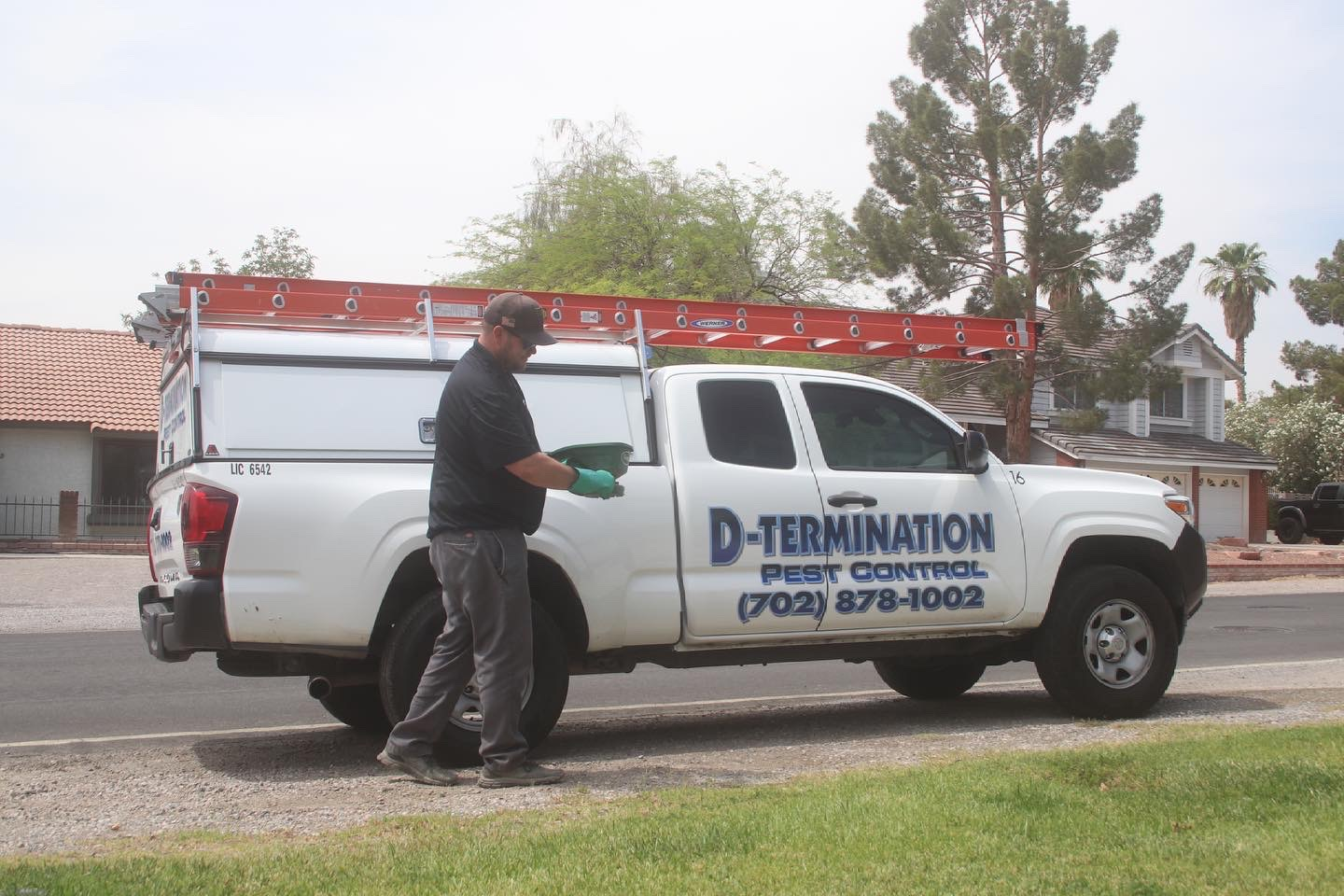
If you’ve tried all the prevention and trapping methods available, but the mouse problem persists, it may be time to call a professional pest control service. Even if you only suspect an infestation, it’s best to get expert advice before the rodent problem further spirals out of control. Pest control professionals have experience dealing with mice in outdoor spaces and gardens and can quickly assess the situation and determine the best course of action.
Some signs that you need to call a professional include strong odors, visible droppings or nests, excessive scratching noises, or chewed wires. These are all indications that there is likely an infestation, and DIY methods may not be enough to rid your outdoor space of mice.
Steps to take after an infestation has been eradicated
After the pest control professionals have successfully eradicated the mice from your outdoor space or garden beds, there are several steps you should take to prevent them from returning. Firstly, make sure that any entry points are sealed off completely so that mice cannot re-enter your yard.
This includes wrapping tree trunks with metal containers or mesh wire if necessary. Next, ensure that your compost piles are secure and any garbage and recycling bins are tightly closed at all times.
Mice will be attracted by any available food sources so make sure these areas remain clean at all times. Consider planting fragrant herbs such as lavender around your own vegetable garden and beds as these can help deter mice due to their strong odor.
In addition, avoid letting tall grasses grow around your yard as they provide ideal habitats for mice. By implementing these prevention measures after an infestation has been eradicated by pest control professionals, you can help prevent a future mouse problem in your outdoor space or garden areas for good!
Recapping Key Points for Maintaining a Mouse-Free Outdoor Space or Garden
Dealing with mice in outdoor spaces and gardens requires effort and proactive prevention methods. Understanding their behavior, identifying potential food sources and nesting places, and maintaining a clean environment are key steps to deterring mice from invading your outdoor space.
Traps set up properly can be effective in catching one or two mice, but it’s important to consider other options such as repellents and professional pest control services if an infestation is suspected. One of the best ways to prevent mice from accessing your outdoor space is by sealing entry points with hardware cloth or crushed gravel.
Keeping grass short around trees and maintaining a clean garden shed are also important measures to avoid creating ideal habitats for these pesky rodents. Bird seed, cereal grains, and other potential food sources should be stored in secure containers away from tree trunks or open areas where they may attract unwanted pests.
Tips for Maintaining a Mouse-Free Outdoor Space or Garden
To recap on the tips given throughout this article: – Keep outdoor spaces clean and clutter-free – Seal entry points to prevent mouse access
– Use natural deterrents like peppermint oil or predator urine – Consider using electronic repellents or ultrasonic devices
– Set traps properly with bait and dispose of trapped mice humanely – Know when it’s time to call professional pest control services
By following these tips, you can avoid dealing with mice in outdoor spaces and gardens altogether. Not only will you create a safe environment for yourself, but you’ll also protect your plants from garden pests that often follow mouse infestations.
Put an end to rat and mouse issues with D-Termination: the leading pest control service in Las Vegas
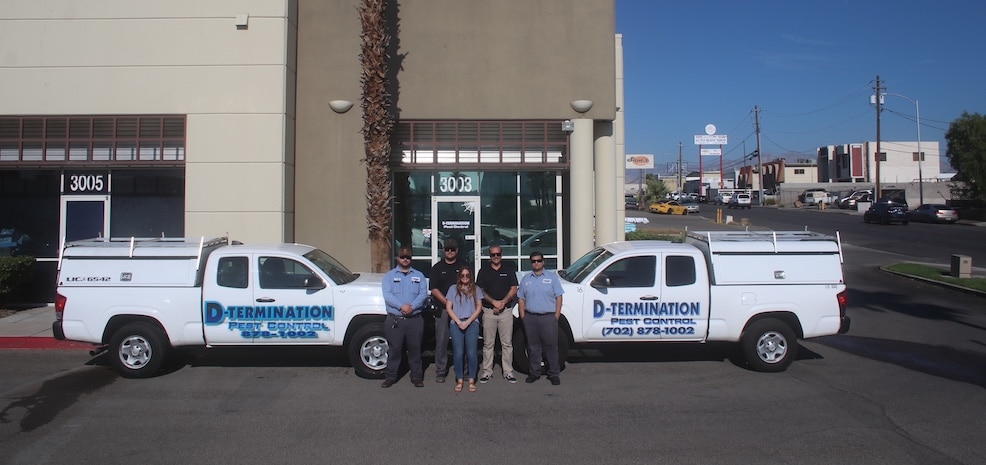
Are you exhausted from dealing with rats and mice in your Las Vegas property? D-Termination is the solution you’ve been searching for. Our team of experts specializes in eliminating these troublesome rodents, bringing back serenity to your space. Bid farewell to rat and mouse problems and opt for D-Termination’s effective pest control services today!
Contact us at 702-919-6310 or visit dtermination.com to schedule your rodent control service and reclaim your space from unwelcome guests.
Frequently Asked Questions:
To keep mice out of your garden, use fencing, remove potential food sources, and eliminate hiding spots.
To get rid of outdoor field mice, use traps, rodenticides, or seek professional assistance if necessary.
Placing deterrents like ultrasonic devices or natural repellents can help keep mice away from outdoor areas.
To naturally keep mice out of your yard, maintain cleanliness, remove debris, trim vegetation, and consider using natural repellents like peppermint oil or mothballs.
If you found this article enjoyable, you might also find interest in the following related articles:
Taking Charge: Mastering Mice Control In Agricultural Settings

